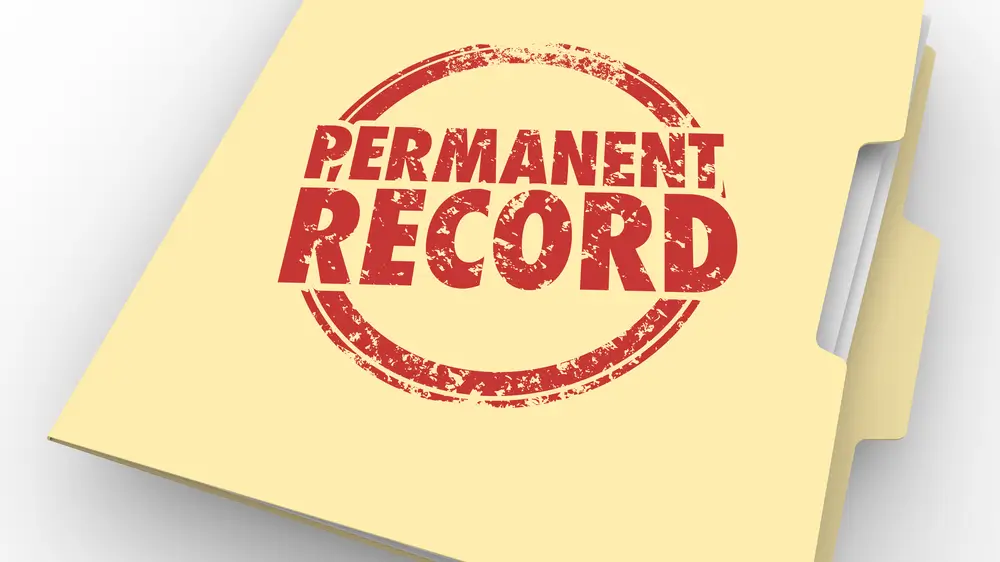
This site is reader-supported. We may earn a small commission if you make a purchase from one of our partners.
Receiving a Cease and Desist letter can be terrifying, especially if you didn’t see it coming. After reading the letter, you may wonder, does a Cease and Desist Letter go on your record?
These letters can be scary and intimidating, but it’s important to remember that they are just a demand, nothing more.
In this article, we’ll review what a Cease and Desist letter is, whether it will go on your permanent record, and what you should do if you receive one.
Let’s dig in.
What is a Cease and Desist Letter?

A Cease and Desist letter formally requests that someone stop a specific behavior. The letter may come from an individual, a group, or a company and typically suggests they will pursue legal action if their demands are unmet.
However, it’s important to note that such a letter is not a court order and is not an admission of guilt.
These letters are commonly used to stop harassment/defamation, repel debt collectors, or protect intellectual property rights (such as copyright, trademark, or patent infringement).
Are Cease and Desist Letters Binding?

No, Cease and Desist letters are not binding nor a formal legal document. The letter itself is not a legal order, but it may be the first step in taking legal action.
For example, if you ignore a Cease and Desist letter asking you to stop infringing on someone’s copyright, the individual or company may file a lawsuit against you.
The only scenario where a Cease and Desist is binding is if it comes from a court, government, or regulatory body with the legal authority to issue it. This is known as a Cease and Desist Order or injunction (either in the form of a temporary injunction or a permanent injunction).
Remember, these orders don’t come out of the blue, so if you are getting a letter from an individual or business, chances are this is a simple demand letter.
Are Cease and Desist Letters Just a Scare Tactic?

Cease and Desist letters can often feel like a scare tactic, but they are not always sent with the intention of legal action.
The letter’s goal is to get you to stop the behavior in question so that the individual or company doesn’t have to take further legal action through state and federal courts. This could be because the person doesn’t want to go through the hassle and expense of a lawsuit or because they want to avoid bad publicity.
In some cases, the letter may be sent by an attorney as a way to force your hand or even gather information before taking legal proceedings.
Either way, you must evaluate your options before considering whether to ignore or respond to their demands.
What Happens if I Receive a Cease and Desist Letter?

If you receive a Cease and Desist letter, you should first take some time to calm down and assess the situation.
Read the letter carefully and try to understand what they are asking of you and why. This will help you determine your next steps. Once you clearly understand their demands, you can start to formulate your response.
You have four primary options when it comes to responding to a Cease and Desist letter:
Ignore The Letter
This is generally not recommended as it could result in legal consequences. If you choose this route, consult an attorney about the potential outcomes.
Comply With Their Demands
This may be the best option if you agree with their demands and can comply. This is often the best plan if your infringement or actions were unintentional or accidental.
Send a Cease and Desist Letter Yourself
In some cases, you may want to send a Cease and Desist letter of your own. This aggressive response could be a good option if you believe the sender is trying to harass or intimidate you. We recommend reaching out to a lawyer for advice if you go down this path.
Negotiate With The Sender
If you feel there is some basis for the letter but that the demands are excessive, you may be able to reach an agreement with the sender without going to court. This option is often used when both parties have something to lose if legal action is taken.
For example, if you are a small business accused of trademark infringement by a large corporation, it may not be worth their time and money to sue you.
Does a Cease and Desist Letter Go On Your Record?
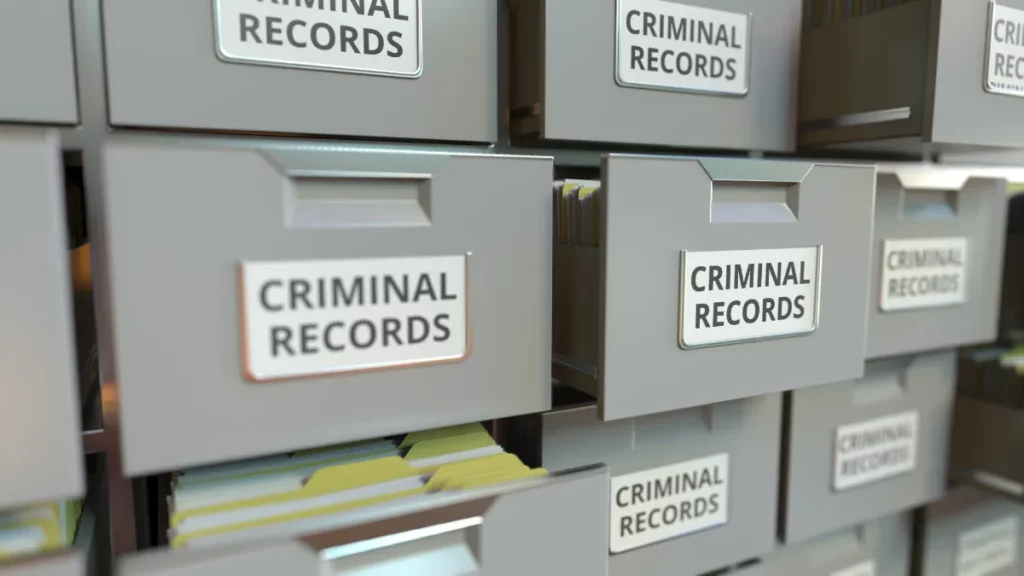
A Cease and Desist letter will not appear on your criminal record. These demands are a matter of civil law, not criminal law. The only way something will appear on your criminal record is if you are convicted of a crime in court and are not issued a pardon.
However, if the matter escalates to a lawsuit, it will become a matter of public record. This means your dispute will be documented in court records and could appear in search engines, possibly damaging your reputation.
How Can I Protect Myself if I Receive a Cease and Desist Letter?
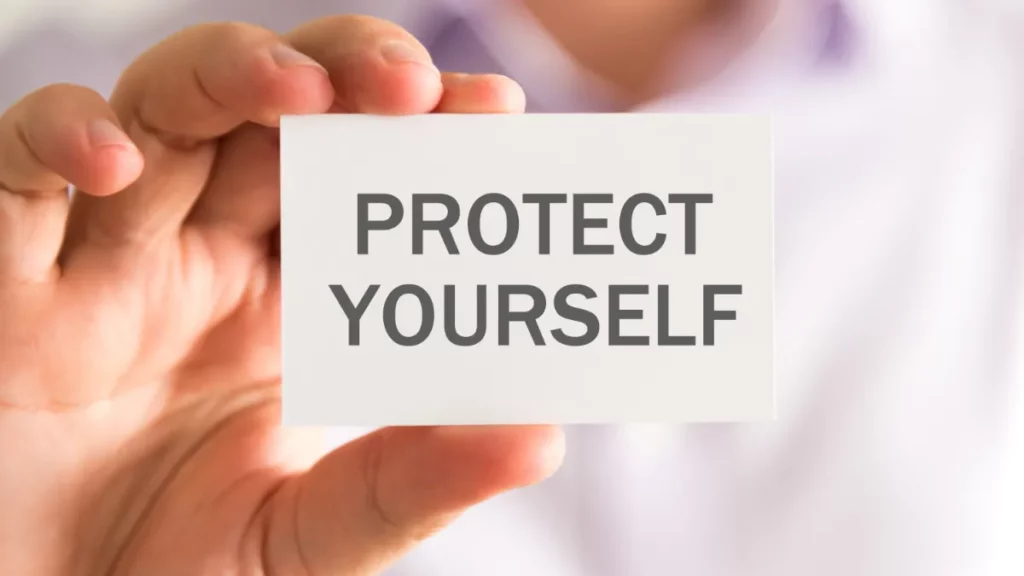
If you receive a Cease and Desist letter, the best thing you can do is consult with an attorney. They will be able to help you understand your legal options and protect your interests.
You should also avoid making public statements about the matter, as this could come back to haunt you later. Remember, anything you say can be used against you.
Finally, stay calm and avoid getting into a heated exchange with the sender. This will only make the situation worse and could hurt your case in court.
What are the Consequences of Failing to Comply with a Cease and Desist Letter?
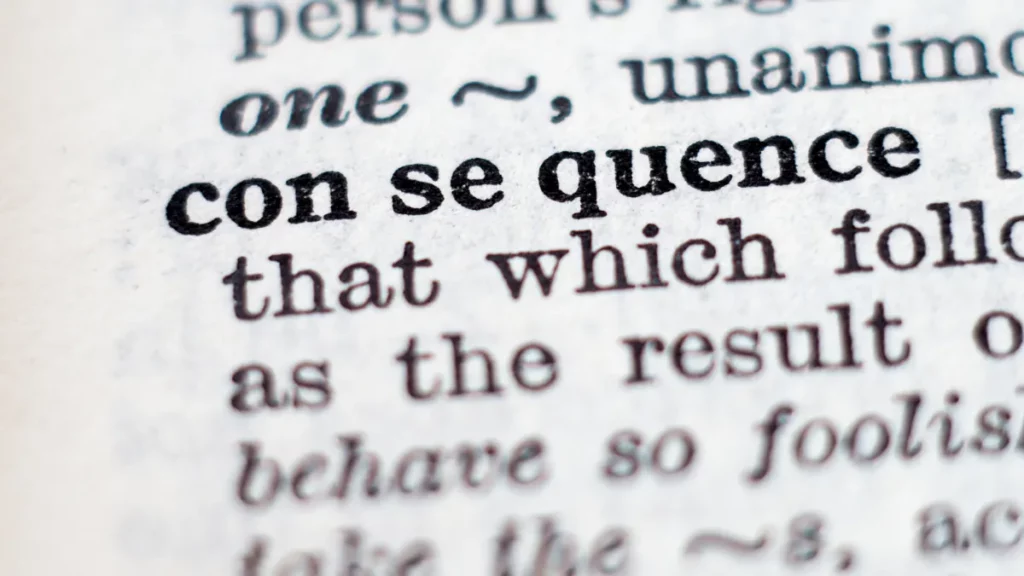
If you fail to comply with a Cease and Desist letter, the sender may take formal legal action against you. This could include filing a lawsuit or seeking an injunction from the court.
Ignoring a Cease and Desist letter is not advisable as it could worsen the situation and result in costly legal action.
Do I Need an Attorney if I Get a Cease and Desist Letter?

If you have been served with a Cease and Desist letter, you should seek legal advice as soon as possible. They can help you understand your legal options and protect your interests.
An experienced attorney will also be able to negotiate on your behalf and potentially reach a favorable agreement.
Getting a Cease and Desist letter can be a stressful experience, but an experienced attorney can help you navigate the process and protect your interests.
How Much Does An Attorney Cost If I Need To Respond?
The cost of an attorney or law firm will vary depending on the complexity of your case and the amount of work that needs to be done.
Depending on your case, you can expect to pay anywhere from $500 to thousands of dollars for an attorney. You can expect to be on the low end of the range if you only need a simple written response. However, If you are facing a lawsuit or injunction, you may need to hire a more experienced attorney to represent you, which will cost much more.
When facing a legal issue, the cost of an attorney is worth it to protect your interests and avoid a costly mistake.
How do I Respond to a Cease and Desist Letter?
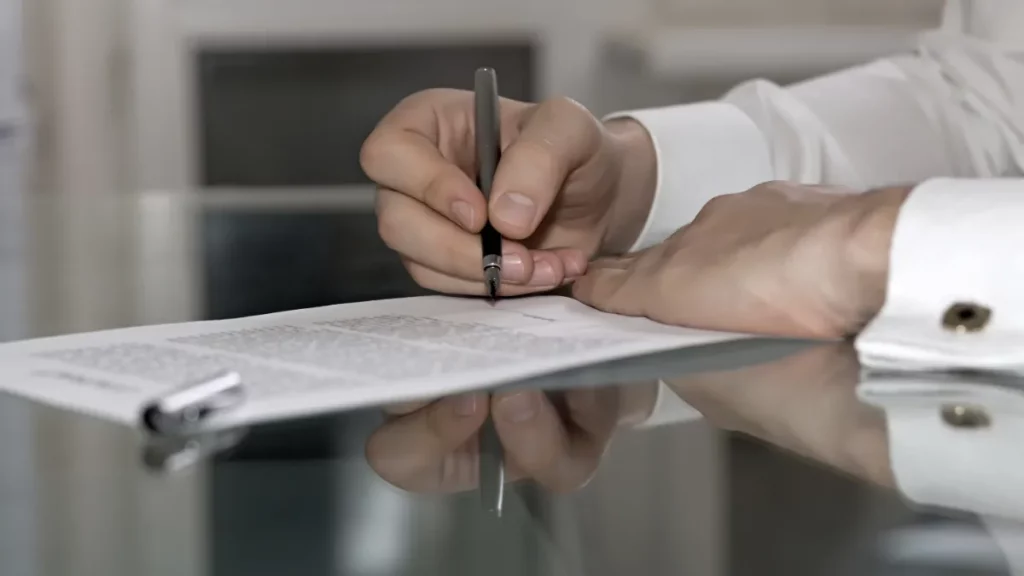
If you have been served with a Cease and Desist letter, the best thing you can do is consult with an attorney. They will be able to help you understand your legal options and protect your interests.
You should also avoid making public statements about the matter, as this could come back to haunt you later. Remember, anything you say can or write can be used against you in the future.
Finally, try to stay calm and keep a clear head. An angry response will only worsen the situation and could result in further legal action against you.
Final Thoughts
If you have been served with a cease and desist letter, it’s important to know that it will not go on your permanent record. The letter is simply a demand made by a third party to get you to change or stop a specific behavior.
While it may be tempting to ignore the letter or try to handle the matter yourself, this is not advisable. Failing to comply with a cease and desist letter can be risky, and consequences can include legal action.
If you need a lawyer, we recommend checking out lawyers.com to find an available one in your area.
If you need to respond with a Cease and Desist letter of your own, we recommend using Law Depot.

Wes Talisman is a freelance journalist who helps answer common legal questions for everyday people. He’s never won a Pulitzer Prize, but he does write a stellar Cease and Desist letter.